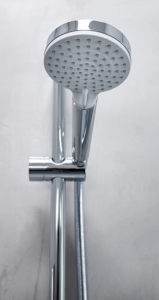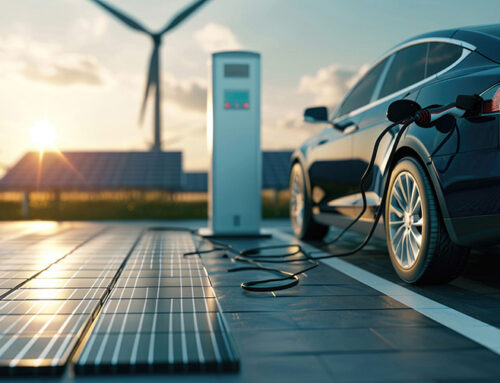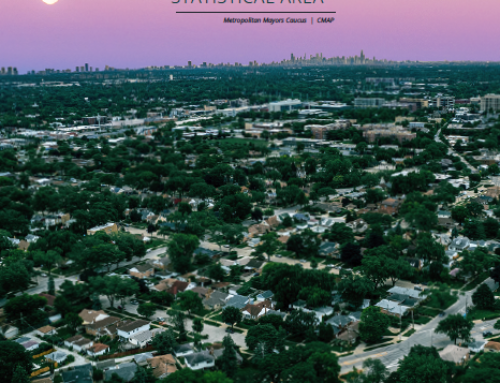 Two building code proposals on showerhead efficiency will have a significant impact on energy, carbon emissions, and provide a way for your community to take climate action. If passed, the proposals would impact the International Plumbing Code (IPC) and International Residential Code (IRC-P). This Saturday, Aug. 21, is the deadline to register for in-person and online voting on the proposals, which will take place in September and October. For more information on registering to vote, go to https://support.iccsafe.org/.
Two building code proposals on showerhead efficiency will have a significant impact on energy, carbon emissions, and provide a way for your community to take climate action. If passed, the proposals would impact the International Plumbing Code (IPC) and International Residential Code (IRC-P). This Saturday, Aug. 21, is the deadline to register for in-person and online voting on the proposals, which will take place in September and October. For more information on registering to vote, go to https://support.iccsafe.org/.
Background
The national standards for showerheads have not been updated since 1992 and currently require showerheads to use no more than 2.5 gallons per minute (gpm). The proposals would cap new showerheads at 2.0 gpm, the same amount that the U.S. EPA’s WaterSense program adopted in 2010. The new standard could prevent 38 million metric tons of carbon dioxide emissions in the U.S. through 2050, according to NRDC and data from a November 2020 report by ACEEE and the Appliance Standards Awareness Project. Because showers account for about 40% of hot water usage in homes, more efficient showerheads would save a significant amount of energy that is spent on heating water. Energy would also be saved on a larger scale because the decreased need for water means less energy is used to treat the water.
How to Take Action
The Public Comment Hearing will take place in person on Sept. 21-28, with the proposals likely heard on Sept. 21. The Online Governmental Consensus Vote will occur about two weeks after that. To be eligible to vote, new or revised applications for voting representatives must be submitted 30 days before the voting event. Therefore, the deadline to register for both in-person and online voting is this Saturday, Aug. 21. For more information on registering to vote, go to https://support.iccsafe.org/.
The two specific proposals involve a 2.0 gpm requirement for showerhead efficiency:
- Proposal P87-21 Part I in the International Plumbing Code – The current recommendation from the Energy-Efficient Codes Coalition is to approve this as modified.
- Proposal P87-21 Part II in the International Residential Code – Approve as modified by public comment.
We thank you for taking action in the past to make the 2021 IECC (Residential) 9% more efficient than the 2018 IECC, according to Department of Energy calculations, which have not been finalized yet for the commercial code. Although it was disappointing to see the governmental members’ vote on the energy code taken away earlier this year, we hope you will take this opportunity to make your voice heard on these two efficiency proposals.




